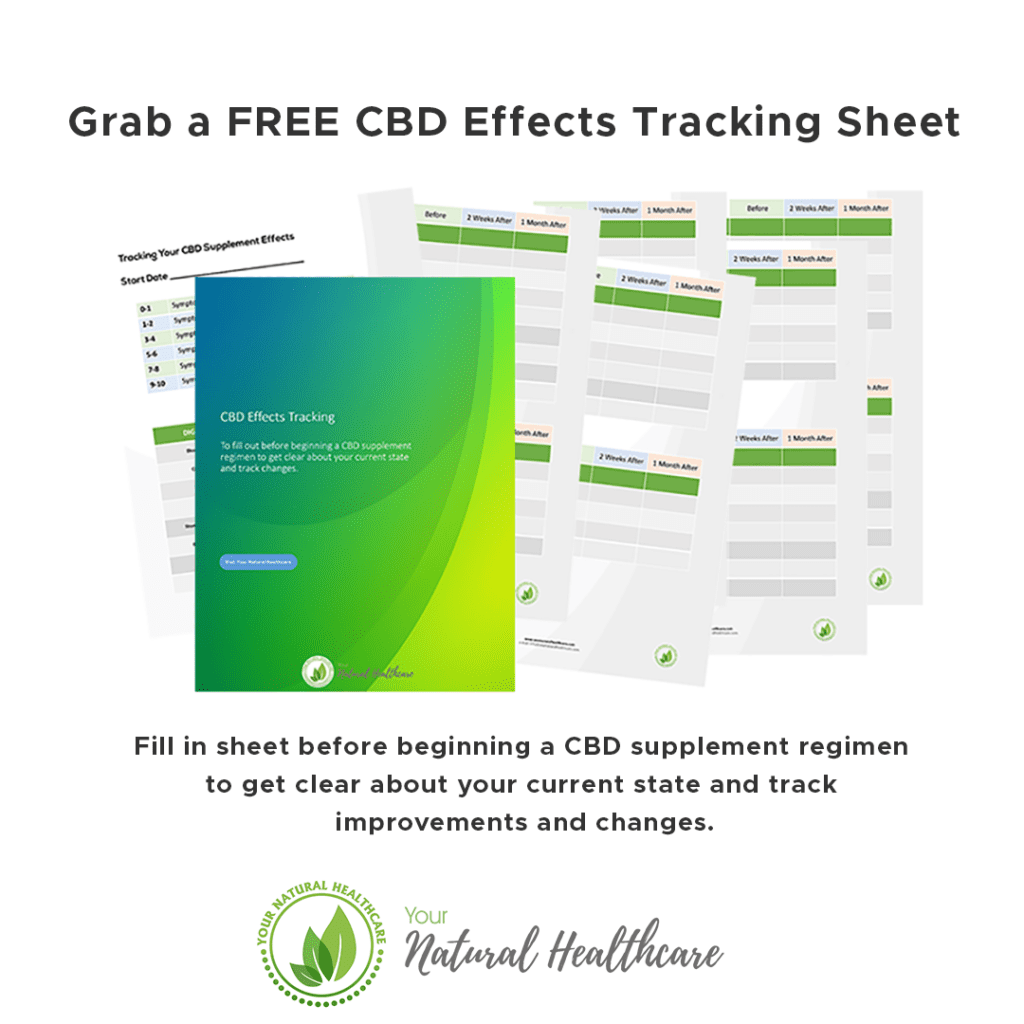Misconceptions About CBD
There are numerous misconceptions about CBD (Cannabidiol), one of two main cannabinoids found in cannabis and hemp plants. This is, in part, because the other main cannabinoid is, of course, tetrahydrocannabinol, or THC. Both THC and CBD are being extensively studied for their medicinal and therapeutic applications. However, unlike THC, CBD is not psychoactive, so there is no ‘high.’
Because there is no high, users can reap all of the benefits without impairment and little to no chance of side effects. This is why CBD has become such an in-demand therapy for health conditions, such as epilepsy, arthritis, fibromyalgia, and even cancer.
Misconception About CBD: It will get me high and show up on a drug test.
Unlike THC, which is psychoactive, CBD does not produce any kind of high, even when taken in very high doses. And even though CBD and THC both naturally occur in cannabis, they are very different compounds. THC induces a high or euphoric feeling and CBD will not get you high.
Your Natural Healthcare CBD products use CBD isolate, a method that separates CBD from plant material and other compounds such as THC. Not only will Your Natural Healthcare's products not get you high, they will also not cause you to fail a THC drug test.
Misconception About CBD: It will make me sleepy.
Actually, moderate doses of CBD are mildly energizing (“alerting”). But very high doses of CBD may trigger a biphasic effect and can be sleep-promoting. If CBD-rich cannabis flower confers a sedating effect, it’s likely because of a myrcene-rich terpene profile. Myrcene is a terpene with sedative and painkilling properties.
CBD is not intrinsically sedating, but it may help to restore better sleeping patterns by reducing anxiety.
Misconception: CBD from Hemp isn't CBD
There’s been much debate suggesting that CBD derived from industrial hemp has the same properties as cannabis-derived CBD, making it a potential alternative for patients who can’t legally access medical marijuana but can legally acquire hemp-derived CBD products. A lot of people aren’t entirely familiar with hemp-derived CBD, however. What exactly is there to know?
Here are a few facts about CBD derived from industrial hemp:
- Agricultural hemp and medical marijuana both come from the Cannabis Sativa L. plant.
- Agricultural hemp, which is often referred to as “hemp stalk,” grows differently than THC-containing cannabis, and looks similar to bamboo.
- THC-producing marijuana plants are grown to an average of five feet in height, spaced six to eight feet apart. Agricultural hemp is grown to a height of 10 to 15 feet or more before harvest, placed three to six inches apart.
- Hemp has little potential to produce high-content THC when pollinated.
- As long as agricultural hemp plants are pollinated by members of their own crop, the genetics will remain similar with low levels of THC.
Cannabis and hemp plants contain both CBD and THC along with more than 540 other substances. The main difference between the two plants is the amount of each compound they contain.
Cannabis contains more THC, and less CBD. Hemp contains more CBD and less THC.
Most importantly, the benefits of CBD do not change whether it is cannabis-derived CBD or hemp-derived CBD. This is because the chemical make-up of CBD does not depend on which plant it comes from.
Misconception: Taking More CBD is Better
Many people assume that by taking a higher amount of CBD, they will get better, faster, or longer-lasting effects. That’s not true.

Just like with any supplement, there is a point where you are taking too much. While CBD doesn’t seem to cause any life-threatening harm in high-doses, it isn't always positive either. Too much CBD can overstimulate your ECS receptors. (Read How CBD Works.) So when you overdo it, you risk losing the effectiveness of CBD, experiencing side effects, and having to take a break.
In the video below, Rose Chastain talks about biphasic action, sensitivities, titration and finding your perfect dosage. Learn exactly how to start out low and gradually increase!
The best thing to do is to start with a low dose of CBD once per day. Give your body 30 days to adjust to see best results, don’t rush it. Taking only the recommended amount of CBD also makes it much more affordable.
Stay connected for free resources to expand your health and vitality with non-allopathic remedies and natural CBD solutions.
